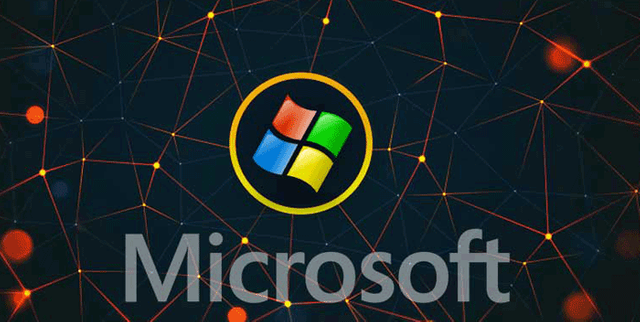
Microsoft has recently announced a protocol framework for Blockchain applications specifically designed for a business enterprise, that is considerably faster than the open Protocols that Blockchains use for Cryptocurrency. As an example, Ethereum currently mines blocks approximately every 10-seconds, that has a latency of say 10-20 seconds, and a final throughput of only 15-20 transactions/second.
On the other hand, Microsoft’s COCO Framework eliminates the problem’s that bog down Ethereum’s performance, and as a result can perform at a rate of 1,500-1,600 transactions/second, with a latency between 100-200 milliseconds - - utilizing the same Ethereum hardware.
The reason that Cryptocurrency Blockchains are considered sluggish, is because they need to provide maximum transparency while functioning and achieving consensus in a public environment for everyone to see, amongst untrusted & anonymous individuals. As a result, computationally intensive consensus algorithms are required, and every node in the network needs to execute every transaction. Consequently, the safeguards that are needed to maintain the integrity of public Blockchain Networks, requires costly tradeoffs that are considered key for business enterprises, such as scalability and confidentiality.
COCO on the other hand is an open-source system that enables and achieves enterprise requirements, namely high-scale confidential Blockchain networks. They accomplish this by designing specifically for confidential consortiums / groups, where nodes and users are explicitly defined (creating a controlled environment setting), without compromising the inherent immutability and security they expect from a Blockchain.
To learn more about Microsoft’s COCO, which is short for “Common Objects in Context”, and the secret sauce that is inherent in the COCO framework, you need to go back to May, 2014, when Cornell University Computer Science Students (along with other University Students) spearheaded a fascinating Computer Vision and Pattern Recognition initiative further annotated and detailed in one of their Reports.
Important news - thanks for the heads up
Downvoting a post can decrease pending rewards and make it less visible. Common reasons:
Submit
It is good to see that big companies are starting to recognize the importance of this new tech.
Downvoting a post can decrease pending rewards and make it less visible. Common reasons:
Submit
I believe Microsoft is also hosting COCO on their public cloud environment as well. While it may be Open Source, I think the aim is to profit off companies deploying "Blockchain as a Service" on Microsoft Azure.
Here's the link below to Microsoft's Block as a Service website.
https://azure.microsoft.com/en-us/solutions/blockchain/
Regardless of the potential centralization of blockchain within a big tech company, it'll be interesting to see if creating a "Blockchain as a Service" speeds up potential innovations for new companies looking to launch.. or not? We'll see!
Downvoting a post can decrease pending rewards and make it less visible. Common reasons:
Submit
while it's good that companies are looking into the blockchain, this isn't really useful for us, because of the fact that it's intended to be confidential.
Downvoting a post can decrease pending rewards and make it less visible. Common reasons:
Submit